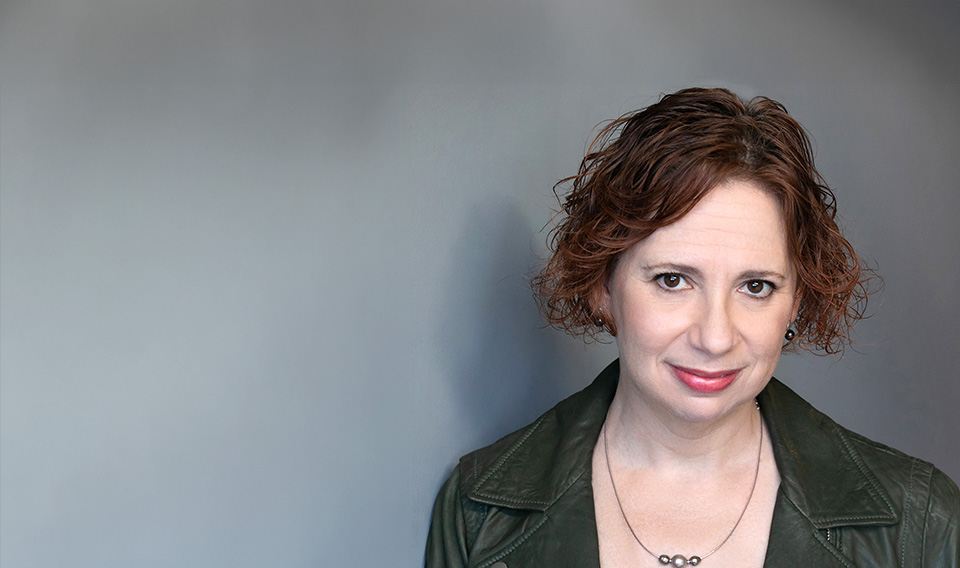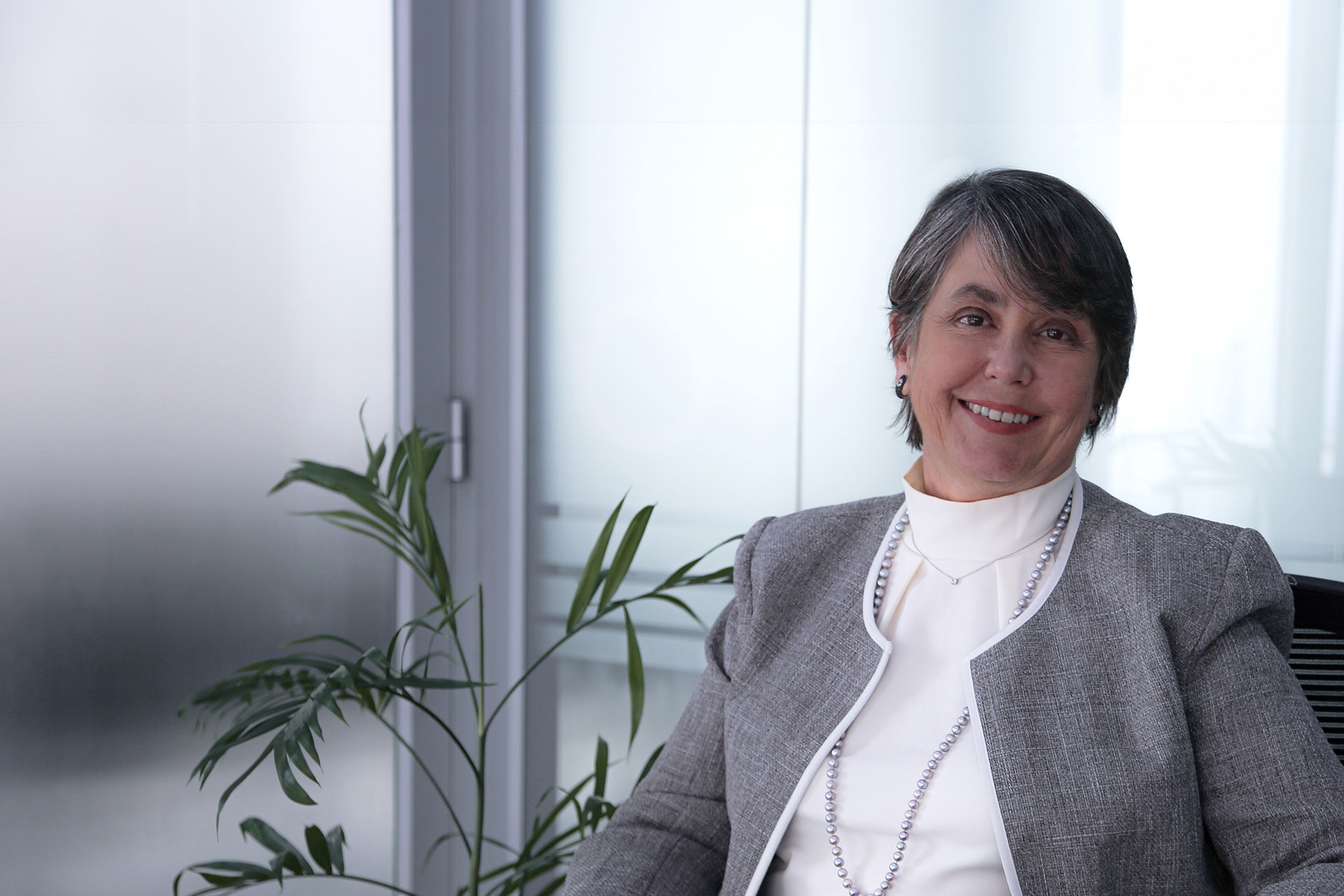Decathlon, one of the world’s largest sports retailers, has found an innovative way to turn workplace diversity into a competitive advantage. Under the leadership of Global Head of DE&I Ravi Sinha, the company created a Global Maturity Index for Diversity, Equity and Inclusion, sparking a friendly rivalry between its international operations and driving improvements in workplace equity through the same competitive spirit that defines its sporting goods business. Greta Kotsch, the company’s Global Project Management Officer for DE&I and a champion of the initiative, has seen firsthand how this metrics-driven approach is transforming the company’s culture
Competitiveness is actively encouraged within Decathlon. That’s not surprising, given it is one of the world’s largest sports retailers and its brands are preferred by all athletes across a multitude of disciplines and countries.
It’s also not surprising that it has captured a spirit of competitiveness in devising a Global Maturity Index for Diversity, Equity and Inclusion (DE&I). The index is a simple ‘score’ to measure how one country is performing against another, which not only breeds a healthy competitiveness across borders but also accelerates a race for the top.
An active champion of the index, and the Global Project Management Officer for DE&I within the business, is Greta Kotsch.
Greta, a keen sportswoman, has been a long-time employee of Decathlon, having worked from the ground up at store level including a spell in Austria as part of a small team establishing what was effectively a ‘start-up’ business: “It was an interesting project in a new country for Decathlon and with an enormous flagship store of 5,000sq m,” she explains. “We had to take a business from five to 70 employees, and deliver the training and upskilling they needed, all within six-months.
“You had to be a Chameleon,” she laughs, “being able to adapt to different roles and jobs every day, and so I learned a great deal until I was ready to become a store leader in my own right.”
The social conscience of the class
At school, Greta had always taken an interest in other people, being told by one of her teachers that she was ‘the social conscience of the class’, making sure everyone was considered, regarded and engaged. She had also taken a keen interest in matters of sustainability and the environment, and specifically DE&I. When an opportunity became available to join Decathlon’s HR team in Germany, therefore, she saw it as a match made in heaven:
“I was responsible for running the apprenticeships programme, which in Germany means working with 15/16-year-olds after school, and giving them the skills to do specific jobs so that when they leave, they are properly equipped to join the workplace. It is a very responsible job because you are like a second parent to them.”
By now fully embedded within the HR team, Greta became more exposed to the wider business, and with a particular passion for DE&I, became part of the company’s Diversity, Equity and Inclusion team at a very early stage of its development journey: “Having worked on the shop floor, I felt I had a good perspective on the real needs of our people. I also recognised that we could have great ambition and ideas, but that they had to be practical and realistic in order for them to be delivered.”
A valuable and authentic partner for DE&I
It was at this time that she also began working with EDGE: “Our business in Italy became the first to learn about EDGE Certification and did us a big favour in bringing it to the attention of the global team,” she continues. “They were looking for a valuable and authentic partner to work with them on DE&I and when they shared the idea with our leadership we were convinced of its quality and value across the whole business.
“With EDGE you begin by analysing where you currently stand. It gives you a picture of your business which is based on data – a benchmark that provides you with a stable and sustainable approach to determining how you can extend the topic. It is important to recognise that you need to bring in expert help at the beginning so that they can help you in becoming an expert yourself.”
Having decided to engage with EDGE, Ravi Sinha, Global Head – Diversity, Equity and Inclusion, wanted to find ways of maximising the data now available. They had built the insight, the analysis, and the in-house expertise, but the challenge was how to bring DE&I to the top of their colleagues’ minds: “We wanted to find a way of opening up the topic to those who were not as close to DE&I as we are,” Ravi explains, “understanding that they have limited time to devote to the subject and have many other challenges in their day-to-day lives that they need to be on top of.
“They’re also not as familiar as we are with the terms used in describing DE&I,” he continues. “We can talk about ‘representation’ and ‘retention’ and know what we mean and whether the data we see is what we expected to see.”
So rather than trying to explain the whole program, Ravi considered how he could break the topic down to its core so that it was easy and accessible: “Then I thought ‘what does everybody understand’ and decided that everyone understands a graph and a score. And that’s how I came up with the Global Maturity Index.”
The impact of Global Maturity Index
The Index was launched in the summer and Greta says it immediately had the impact the DE&I team was looking for: “It showed who the global leaders were and then everyone started to discuss it and ask why one country’s score was better than another’s. We all love competition and comparing ourselves with others and everyone now wants to be on top. Leaders are now reaching out to find out more and how they can improve or celebrate being the best.”
The excitement and interest around DE&I are noticeable. More than 90% of Decathlon’s people says that they value the diversity that the business brings to the team and its leadership. Last year (2023) it ranked in the top 30 best employers (as ranked by Forbes) and the best in its home nation, France, and 60th in its ranking of the world’s best employers when it comes to the inclusion of women. Now it has a goal of 50% women and 50% men team leaders by 2026 and is heading in the right direction.
While the Index needs fine-tuning, Greta says it is important not to let a desire for ‘perfection’ get in the way of making a start: “We’ve shifted our strategy towards Objectives and Key Results (OKRs) in preference to Key Performance Indicators (KPIs),” she explains, “which recognises that you don’t have to be perfect to make progress.
“A KPI can be too black and white and rarely tells you the whole story. It doesn’t tell you the barriers you’ve had to overcome to deliver what you’ve achieved. You might have climbed a mountain to get there but a KPI suggests otherwise.
“Our attitude is that 80 is the new 100, and that you should celebrate that what you have is already great before striving for perfection which can in fact end up slowing you down, trying to attain something that is never possible.
“The index is the start,” she continues. “It will evolve, and it will be adapted, but what was especially pleasing was that everyone in the business did well and it was simply that some did better than others. We’ve had very good engagement and many messages of support, not just from the leadership but also at a more operational level among our more junior employees, thanking us for recognising the importance of DE&I throughout the business.”
EDGE is your partner, helping you understand where you are and what direction you are taking. They guide you in determining whether you are on the right track. With EDGE, you gain a firm foundation for building your future strategies.”
Greta Kotsch
An exciting future with the support of the EDGE team
With the Index, and the support of EDGE in creating a DE&I framework, Greta is excited about the future and building her expertise: “EDGE has helped us from the very start, and we are still learning,” she says.
“With EDGE’s help we are creating a workplace where everyone can grow and develop with equal opportunities. We’re developing the framework with policies and practices that will help us deliver equal pay for equivalent work, continue to analyse the unexplained gender pay gap, and create a community of engaged people from every department who are helping us to communicate our ambition in ways that people understand.
“EDGE is your partner, helping you understand where you are and what direction you are taking. They guide you in determining whether you are on the right track. With EDGE, you gain a firm foundation for building your future strategies,” explains Greta.
She continues: “In our experience, it meant acquiring a wealth of compelling arguments to convince stakeholders of DE&I’s importance beyond just ‘doing the right thing’. EDGE gave us the tools to drive meaningful change and create a more inclusive workplace.
“Their insights have been invaluable in shaping our approach and reinforcing the business case for diversity and inclusion within our organisation. What’s more, we have been able to embed our own culture and competitive spirit into the process by engaging with the Global Maturity Index, which has added an extra layer of motivation and benchmarking to our DE&I journey.”















